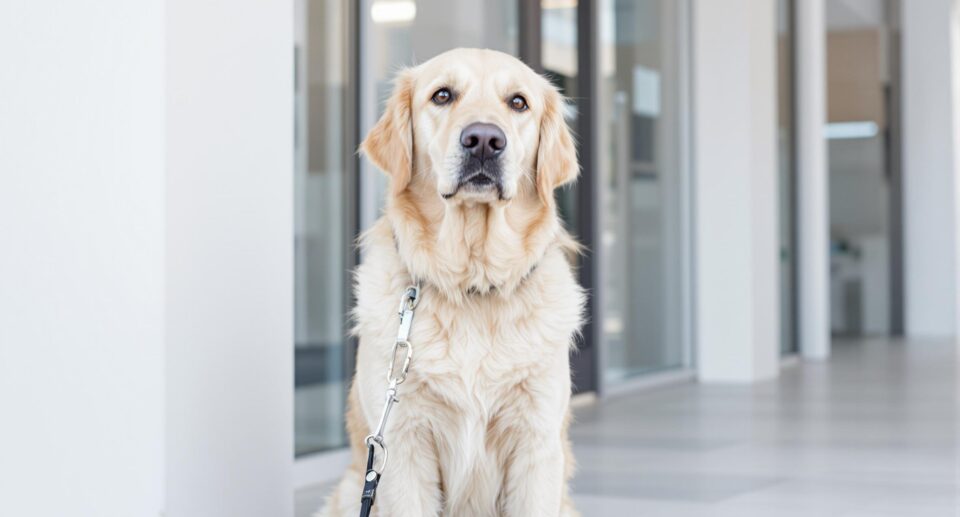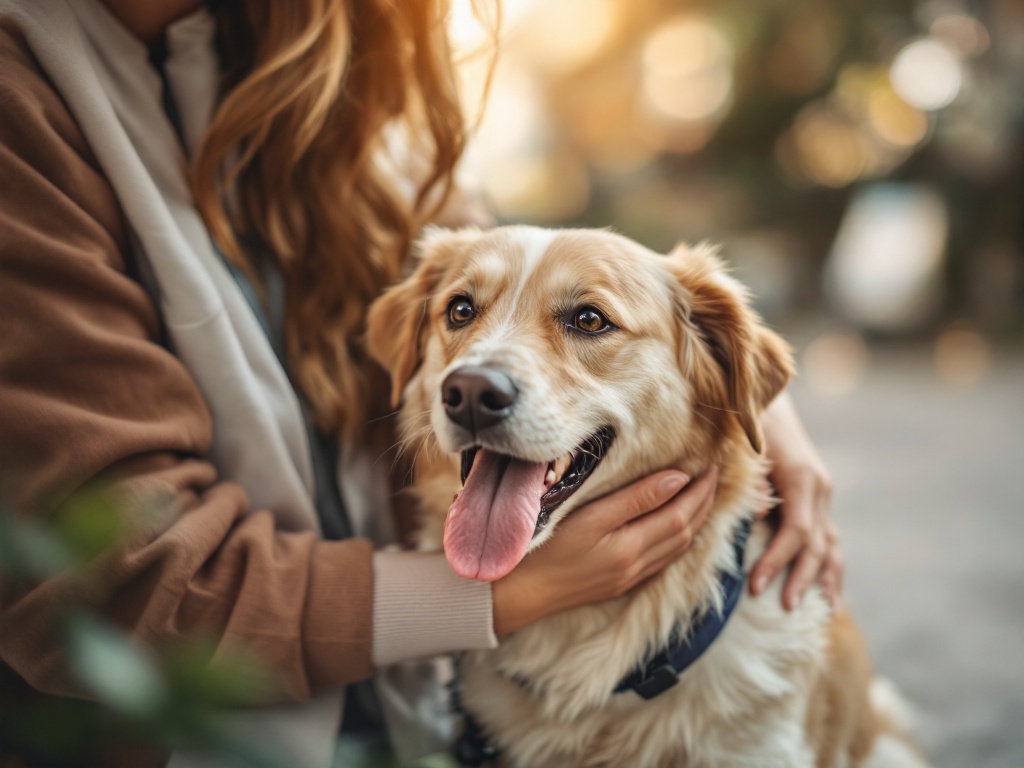
Key takeaways:
- Rabies vaccinations are essential for protecting your dog’s health, preventing the spread of disease, and complying with legal requirements.
- The cost of a rabies shot varies by location and provider, but affordable options like low-cost clinics and pet insurance can help manage expenses.
- Keeping up with your dog’s vaccination schedule ensures long-term protection, with most adult dogs requiring boosters every one to three years.
Rabies vaccinations are one of the most important steps in keeping your dog safe and healthy. If kept up to date, this simple shot and the following boosters give your furry pet lifelong protection against a deadly disease, letting you have some peace of mind knowing your pup has a healthy future. Plus, staying up to date on rabies vaccines is also required by law in most areas to help prevent the spread of the virus.
Many pet parents ask about dog rabies vaccine costs, and we’re here to help you find budget-friendly options that never compromise on quality. At PetHealthMD, we’re here to guide you through the process, making sure you have the information you need to keep your pup protected.
Why is rabies vaccination essential for dogs?
Rabies is a serious viral disease that affects both animals and humans. It attacks the nervous system and leads to severe symptoms before it ultimately turns fatal. Fortunately, rabies vaccines provide an easy, effective way to protect dogs from infection. These shots help their immune systems recognize and fight off the virus before it can cause harm.
Here’s why every dog needs a rabies vaccine:
- It protects your pet’s life. Rabies has no cure once symptoms appear, but vaccination stops the virus before it can take hold, keeping your dog safe.
- It creates a safer environment. A vaccinated dog won’t spread rabies if bitten by an infected animal, reducing the risk for other pets, wildlife, and people in your area.
- It’s legally required in most states. Many areas mandate rabies vaccinations, and skipping them could lead to fines or other penalties. Staying up to date keeps your dog compliant with local laws.
Rabies shots aren’t just another vaccine—they’re a crucial safeguard that can mean the difference between life and death. Keeping your dog protected is one of the easiest ways to ensure their well-being while also helping keep your community rabies-free.
Cost breakdown of dog rabies vaccines
The cost of a rabies vaccine for your dog depends on where you live and where you take them for care. A first-time rabies shot typically costs $40 to $75, while booster shots can range from $35 to $80. Choosing between a one-year or three-year rabies vaccine can also affect the price. The three-year vaccine costs more upfront but may save money in the long run by reducing the number of vet visits.
If you’re looking for budget-friendly options, here are some ways to save on rabies vaccinations:
- Local animal shelters and rescues – Many offer low-cost vaccination days or pop-up clinics.
- Pet insurance coverage – Some plans reimburse for routine vaccines, helping to manage costs.
- Retail pet store clinics – Chain pet stores frequently partner with veterinarians to provide affordable vaccines.
- Community outreach programs – Some cities offer free or discounted vaccines for residents.
- Vet discount programs – Some clinics offer multi-pet discounts or deals for new clients.
Rabies protection is essential, but keeping your dog up to date on their shots doesn’t have to be expensive. With a bit of research, you can find an option that fits your budget.
How often should dogs be vaccinated?
Keeping up with your dog’s rabies vaccination schedule is an essential part of their long-term health. Puppies should receive their first rabies shot between 14 and 16 weeks old to build early immunity. A booster follows at one year of age to reinforce protection.
From there, adult dogs typically receive rabies vaccines either annually or every three years, depending on state laws and veterinary guidance. Your vet will recommend the best schedule based on your location and your dog’s overall health.
Making regular vet visits stress-free is easier with a comfortable pet carrier, especially for small to medium dogs. For on-the-go hydration, a dog-friendly travel water bottle ensures your pup stays refreshed on the way to their checkup.
Staying on top of vaccinations is easier when you align them with routine vet visits. Many pet owners find it helpful to schedule boosters around their dog’s birthday or annual wellness checkups. Some veterinarians also offer text or email reminders, so be sure to opt in if available.
As an added tip, making regular vet visits stress-free is easier with a comfortable pet carrier, especially for small to medium dogs. For on-the-go hydration, a dog-friendly travel water bowl ensures your pup stays refreshed on the way to their checkup.
Common questions about rabies vaccination

Many pet parents have questions about keeping their dogs protected against rabies. Let’s address the most common concerns about dog rabies vaccines to help you feel confident about your choices for your pet’s health.
How well do rabies vaccines protect my dog?
Rabies vaccines have an outstanding safety record and are nearly 100% effective when given correctly. Your dog’s vaccine creates strong immunity that typically lasts for several years, which is why many veterinarians now recommend a three-year vaccination schedule. This proven protection helps explain why human rabies cases have become extremely rare in areas with strong pet vaccination programs.
Is getting a rabies shot safe for my dog?
Your dog’s safety is the top priority in vaccine development and administration. While some pet parents worry about vaccine reactions, these shots have protected millions of dogs safely. Your veterinarian carefully screens your pet’s health before vaccination to ensure the safest experience possible.
What should I expect after my dog’s rabies shot?
Like people getting a flu shot, some dogs might feel a little under the weather for a day or two after the shot. Typical responses include sleepiness or tenderness at the injection site—these mild effects usually pass quickly. If you notice anything unusual, contact your vet and schedule a check-up.
Some dogs might feel a little under the weather for a day or two after their shot. Providing a soft, supportive recovery pet bed can help keep them comfortable as they rest. You can also try calming treats designed to ease mild discomfort and promote relaxation after vet visits.
My dog stays inside—do they still need the rabies vaccine?
Even the most devoted indoor dogs need rabies protection. Bats can enter homes through tiny openings and emergencies might require unexpected outdoor stays. Plus, keeping your dog’s rabies vaccine current is a legal requirement in most areas, protecting both your pet and your peace of mind.
Make informed vaccination choices for your dog
Protecting your beloved dog with proper vaccination is one of the most meaningful ways to show your care. When you choose to vaccinate against rabies, you’re safeguarding your furry family member and making a wise investment in their future.Looking for more guidance on your pet’s healthcare needs? PetHealthMD offers expert-backed advice to help you navigate everything from vaccinations to everyday wellness. Explore our resources today and stay proactive in keeping your dog safe and protected.





